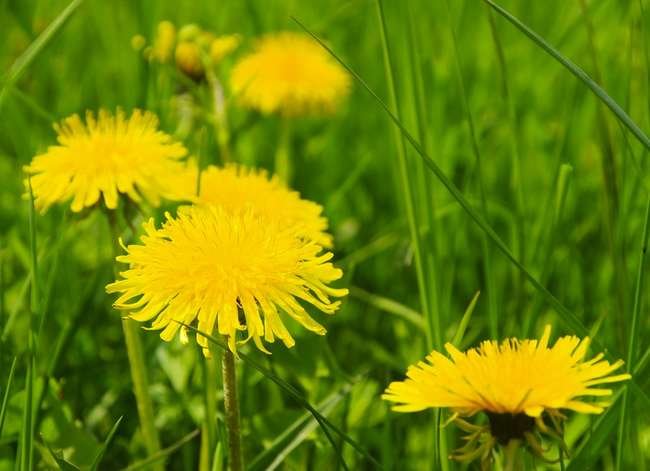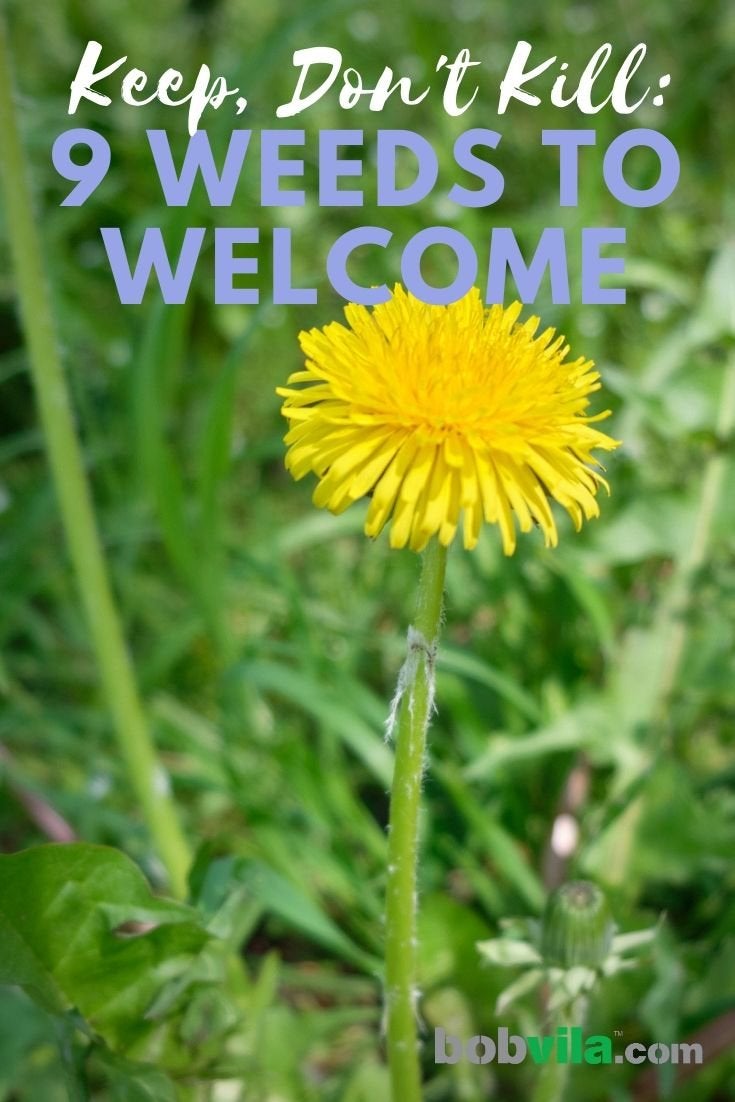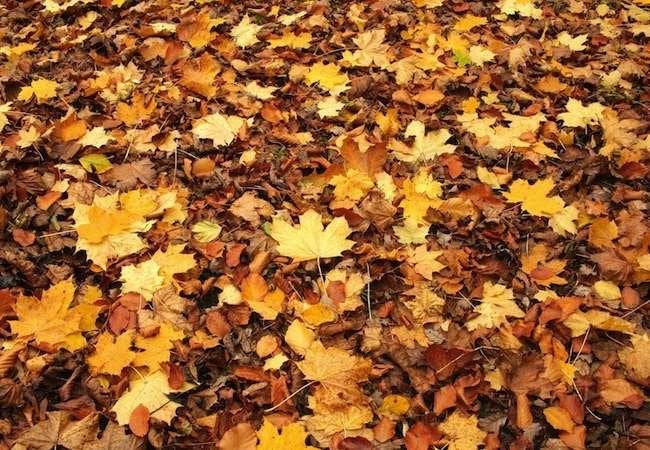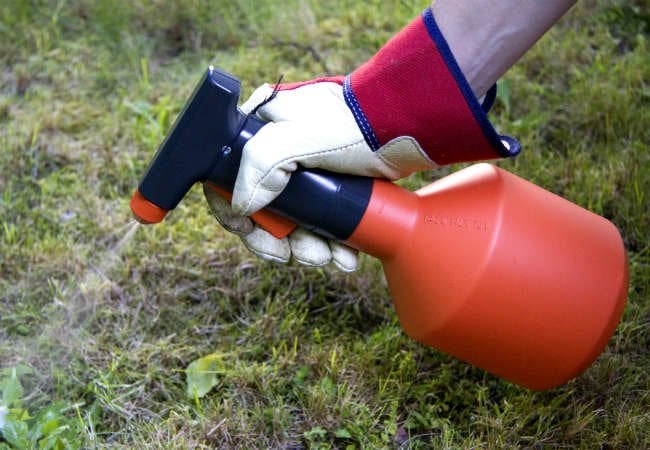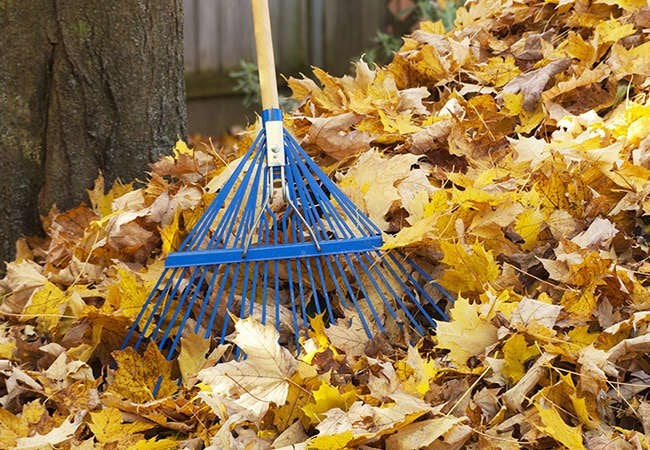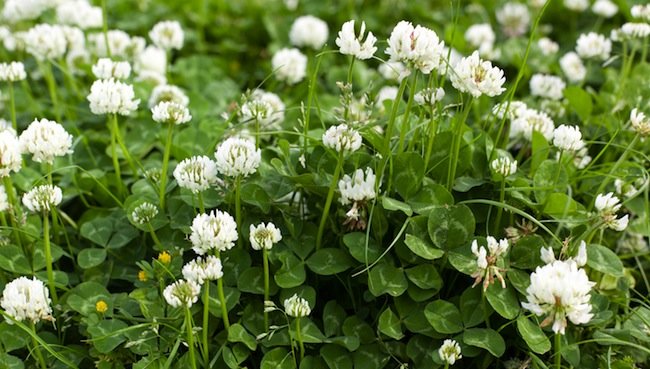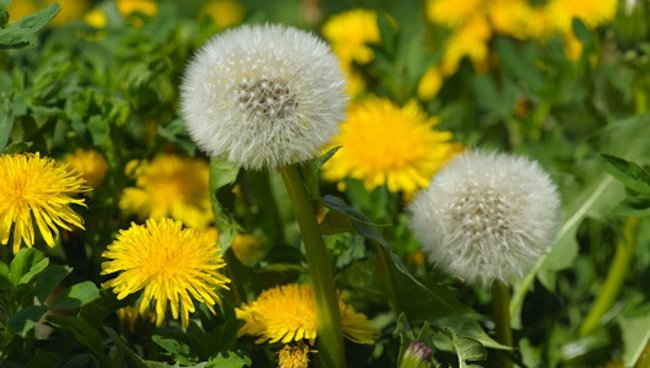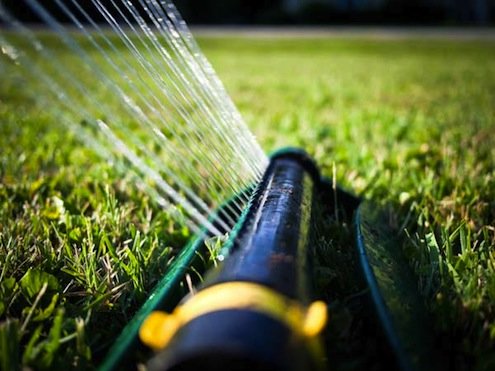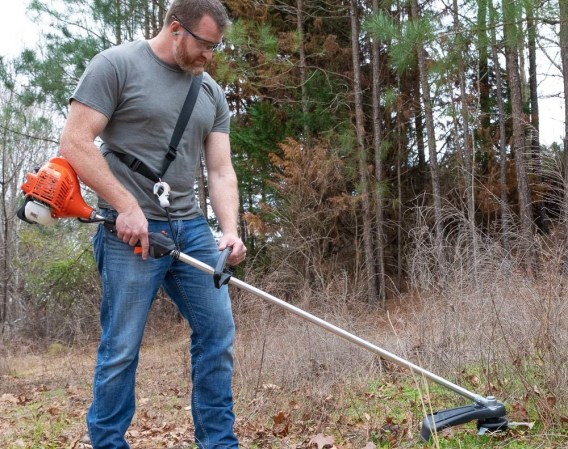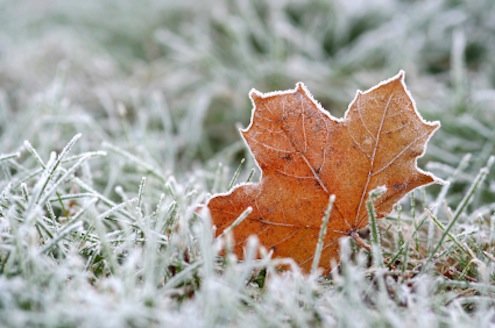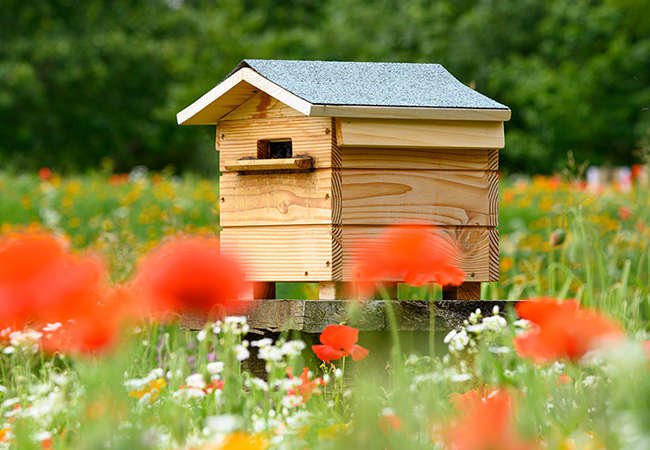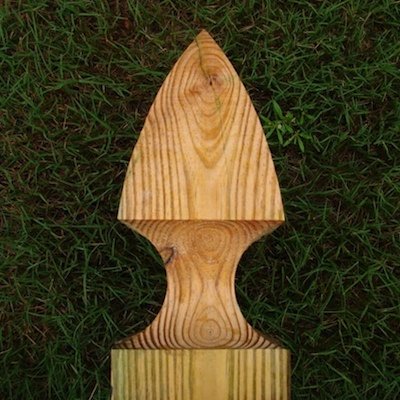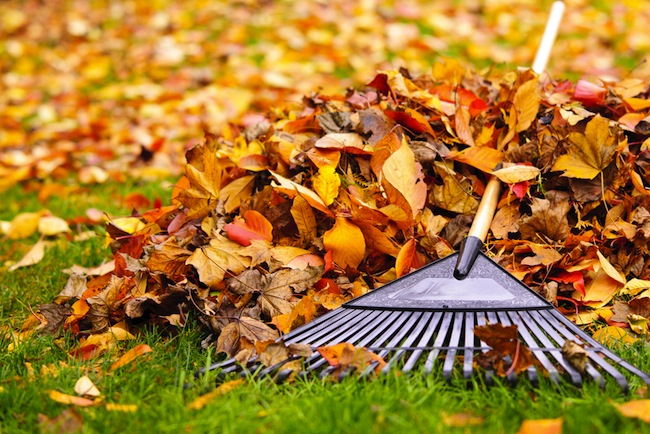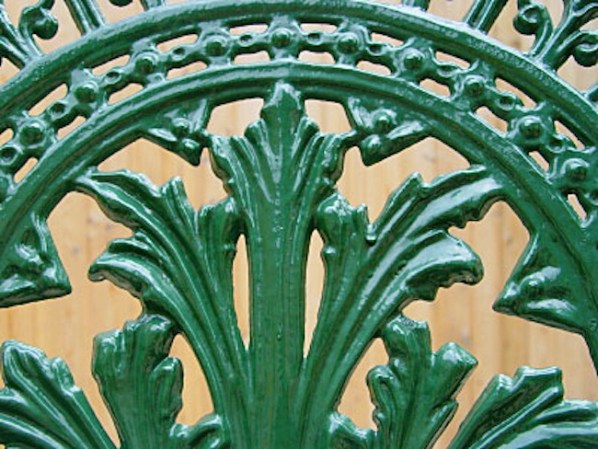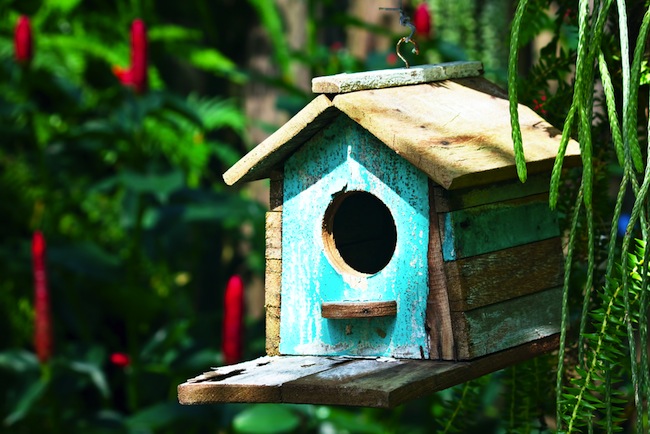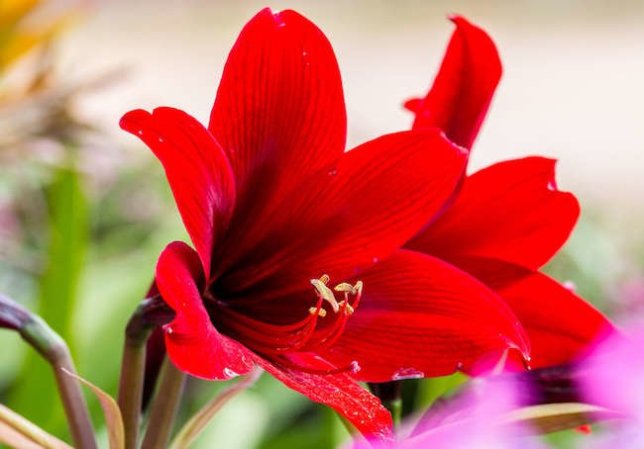We may earn revenue from the products available on this page and participate in affiliate programs. Learn More ›
Delicious Dandelions
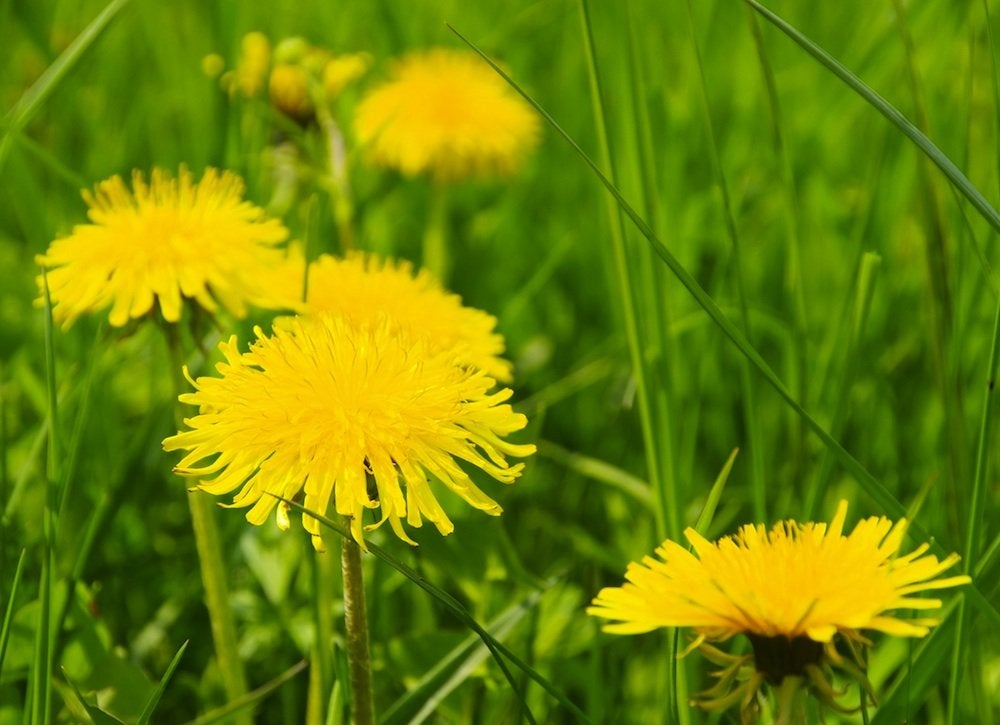
Dandelions are often considered the bane of the home gardener, but they could actually be an asset in the yard. Dandelions attract good bugs like honeybees and repel pests like armyworms. Not only that, the nutritious young leaves and flowers are edible and can be eaten either fresh or steamed.
Attractive Goldenrod
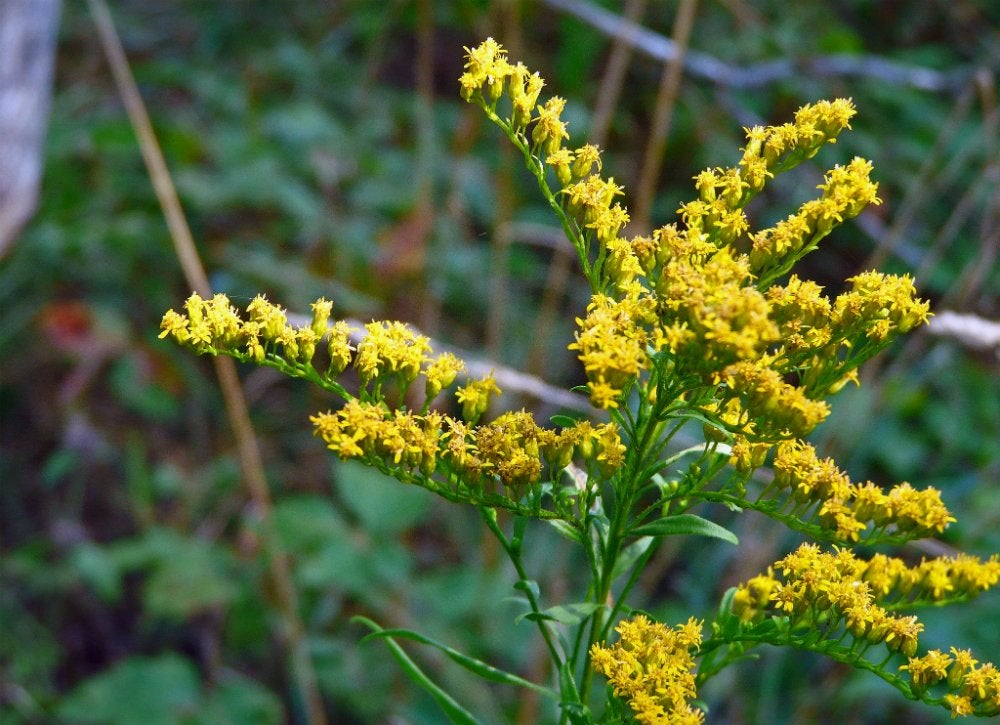
flickr.com/ via JimFlix
Goldenrod has gotten a bad reputation—it is often confused with ragweed, a notorious allergen. In reality, goldenrod is a beautiful addition to your yard and lures pollinators like butterflies and honeybees, which may in turn pollinate your vegetable garden, giving you a better harvest.
Related: Allergy-Proof Your Home in 7 Steps
Fields of Clover

Clover has a special ability that makes it a great asset to yards with poor soil. Its leaves pull nitrogen from the air, fixing the nutrient in its roots and releasing it to fertilize the soil. Because clover stabilizes moisture around the roots, it’s a perfect companion for thirsty plants like cabbages, broccoli, cauliflower, and squash.
Vibrant Violets
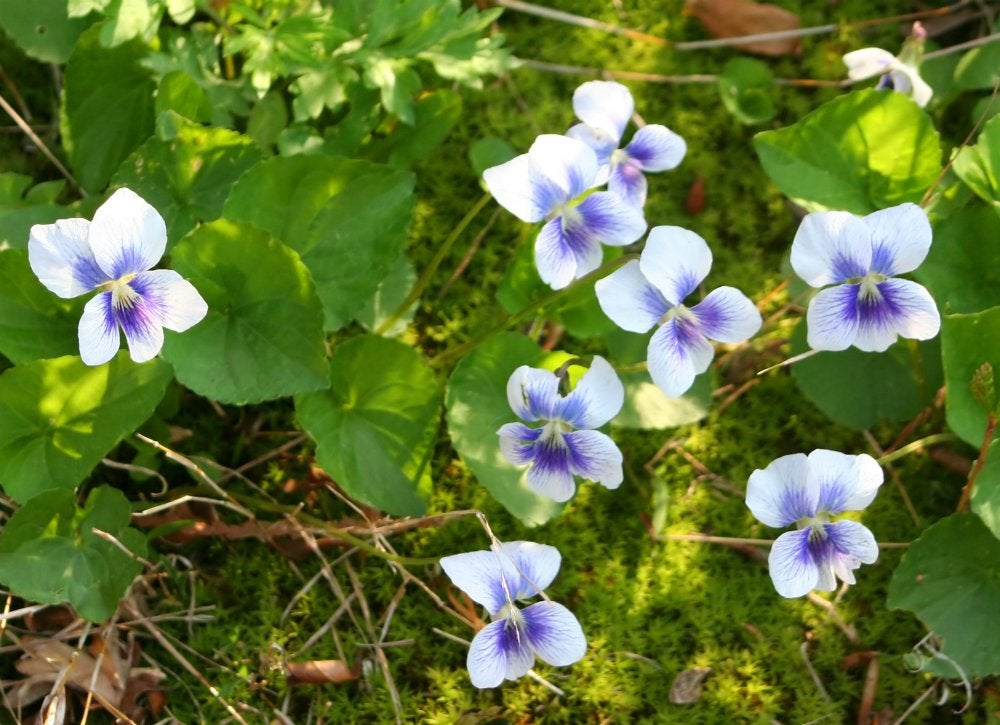
Wild violets may look dainty with their delicate purple and white flowers, but they’re actually little powerhouses that can withstand drought and spread as ground covers in areas too shady for grass to thrive.
A Boost of Burdock
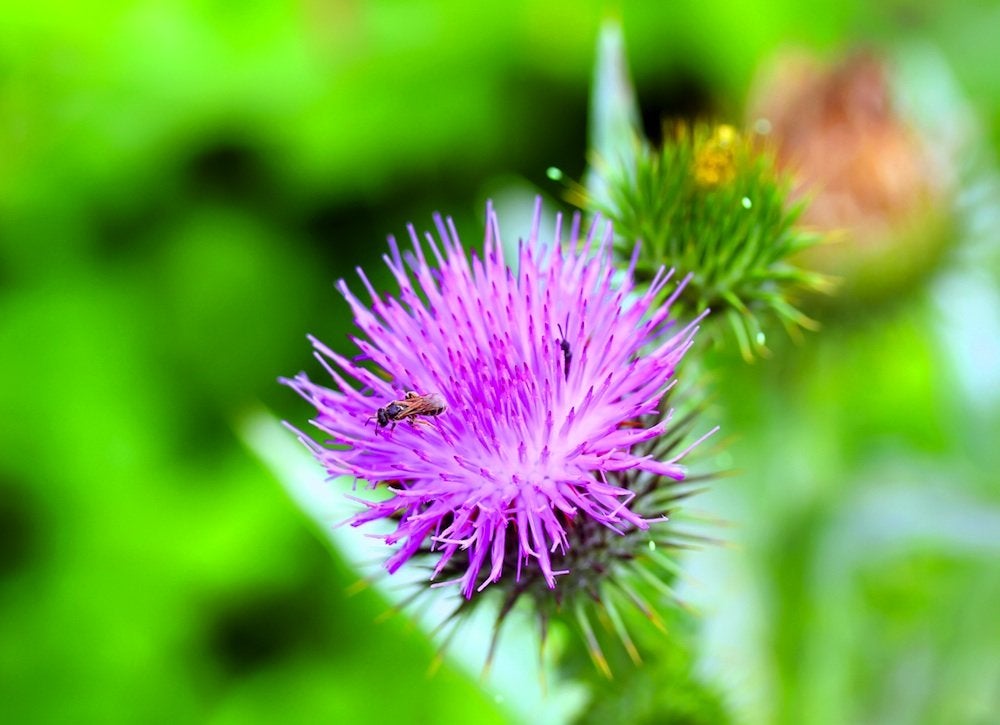
Known as a great immune booster, burdock is used in a wide variety of home remedies. Historically, dried burdock leaves are steeped to create a stimulating tea, and some advocates swear by its ability to cleanse skin and treat acne.
Related: 7 Herbs That Clean House
Stinging Nettles
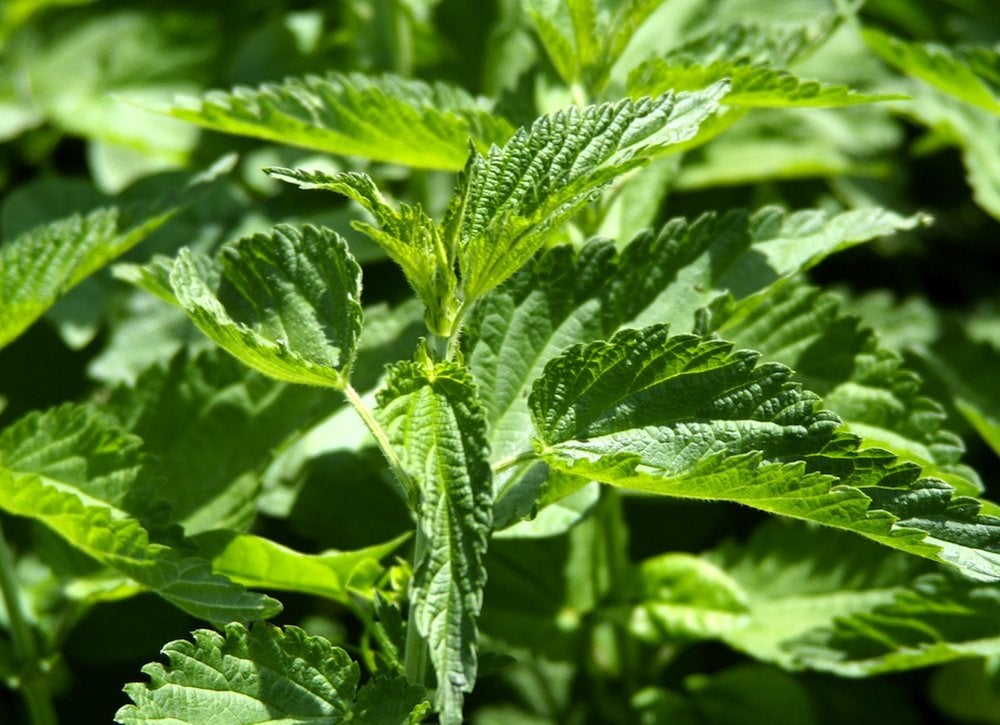
With a little preparation, you can turn stinging nettles into a wonderful fertilizer for your garden. Armed with garden gloves, gather a bunch of nettles, then steep one ounce of leaves per cup of boiling water for 30 minutes. Skim off the wilted leaves and add 10 parts water to 1 part fertilizer. Once the mixture is cool—voilà!—use it to water plants as usual.
Pest-Controlling Ground Ivy
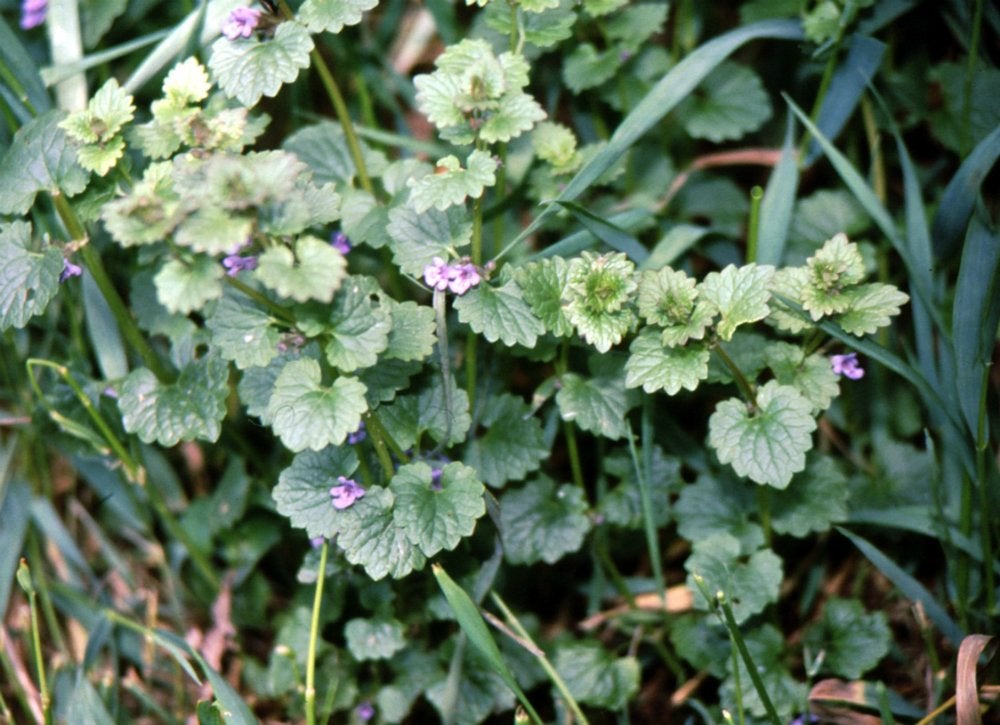
Ground ivy, also called wild mint, makes a great, low-maintenance ground cover. Its tiny flowers add a delightful touch to the yard, but the best part of this mighty weed is its ability to repel common garden pests, including cabbage worms, cucumber worms, beetles, and tomato hornworms.
Invigorating Vetch
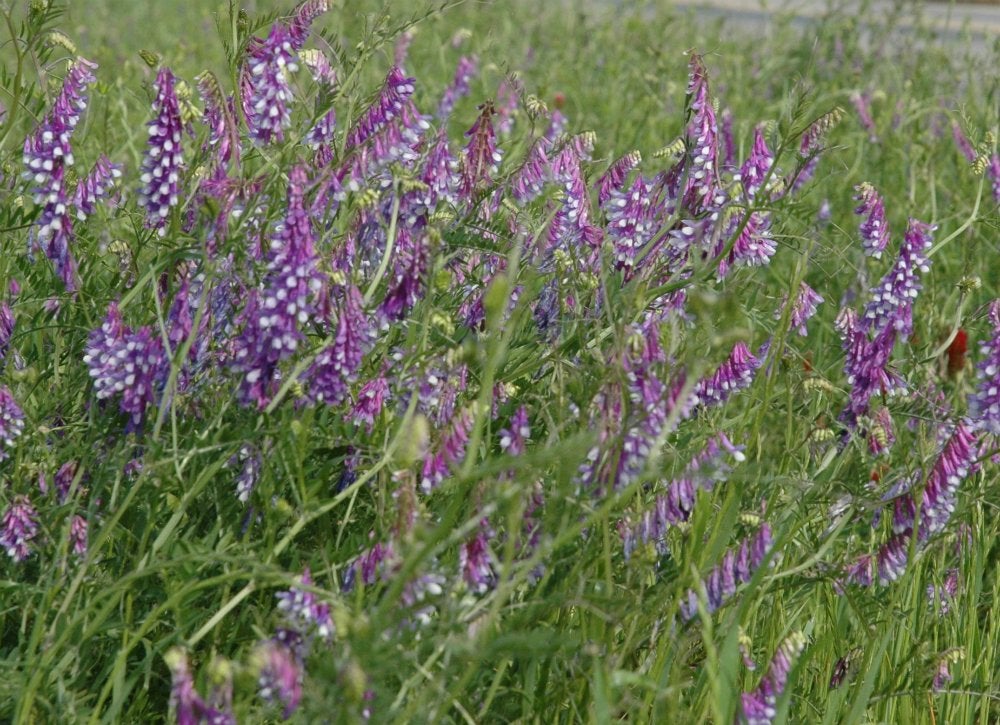
flickr.com / via AgriLife Today
Vetch itself is inedible, but it’s a friendly neighbor for vegetables like peppers, tomatoes, cabbage, and broccoli because of its ability to fertilize soil through its roots. The plant also attracts beetles that eat up other insects that could pester your garden.
Incredible Edibles
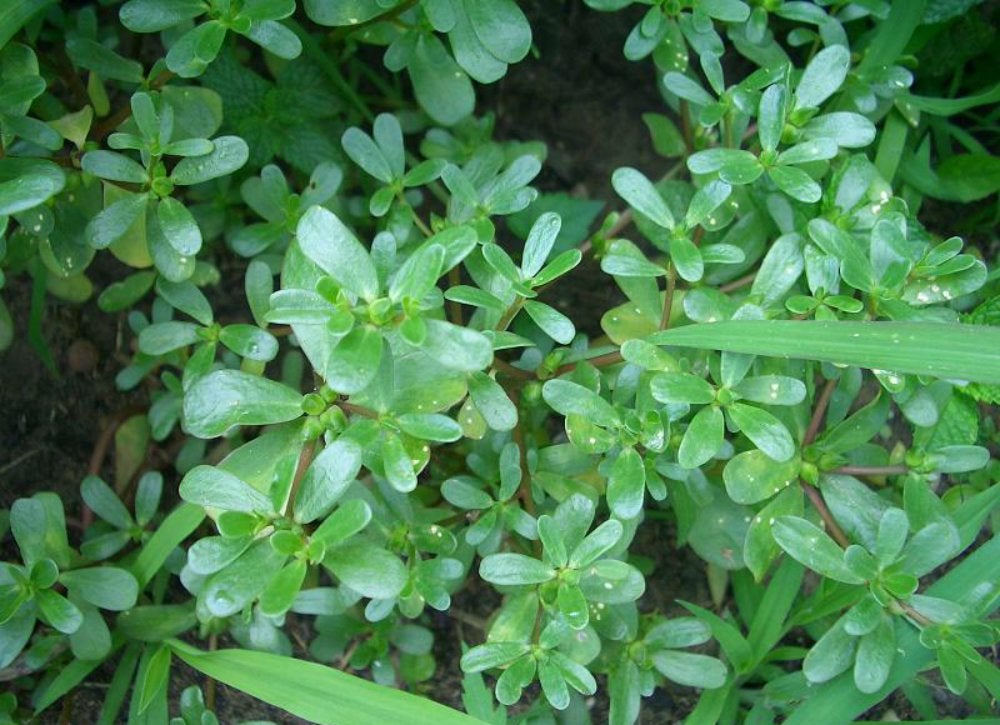
flickr.com/ via anneheathen
If you’ve ever tried foraging for your own wild morels or blueberries, consider also purslane. This supernutritious leafy vegetable grows in nearly every region and is highly prized around the world. If you’d rather not chow down on this treat, use it as a ground cover, where it breaks up hard soil and stabilizes soil moisture.

